Theoni Dourida Guest Blog: Tracing the City
Photo by Theoni Dourida
My name is Theoni, I am a MA Curating student at UWE with a placement at MAYK and I have a strong interest in curating community related projects within a sociopolitical context. I am also a migrant who moved from Athens to the post-Brexit Bristol two years ago. This blog post is about my research and involvement in Confluence. It is also a blog post about common grounds, connections, and the pursuit of a sense of belonging in an ever-changing city.
In geography, a confluence occurs where two or more flowing bodies of water join to form a single channel. Bristol is a city of literal and metaphorical confluences. Each day our lives merge. Our unique flows create streams of all kinds, amplitudes of different vibrations. In parallel, in a constantly changing urban landscape, there are moments where we are in sync, and others where we sound dissonant. MAYK’s Confluence programme, inspired by Bristol’s music scene aims to collect these rhythms towards the creation of a unique album, including film, performance, photography, and installation that will be shared with the public during the first three days of December.
All along Confluence’s development, MAYK team has been very keen to gain a deeper insight into what people calling Bristol “home” really feel and think about the city transformations. This aligned with my curiosity about this city’s dynamics, being a newcomer who often wonders where home is. During our common inquisitive journey, my project Tracing the City emerged as an idea of an asynchronous dialogue with map as a medium, where previous visitors’ contributions will generate the upcoming visitors’ responses.
Maps have always been used to help us understand where we are, where we’ve been and where we’re going. The allegorical ramifications of their practical use provided fertile grounds to delve into the research of alternative mapping techniques. From Situationists’ maps to body maps and sound maps, I ended up looking at the counter map, a term for cartography that reveals the realities and knowledge of diverse groups in society. Academic and political activist Edward Said writes about counter mapping: “In the history of colonial invasion maps are always first drawn by the victors since maps are instruments of conquest. Geography is therefore the art of war but can also be the art of resistance if there is a counter map and a counter strategy” (1996).
In the sharing event, everyone is invited to use a counter map as a creative tool of reappropriating and “hacking” an official Bristol city centre map, towards the co-creation of a new one, that is not drawn only by the privileged few, but by the people that make this city. Reflecting on the themes and questions emerging from the artists’ works, there’ll be the opportunity to raise our own. How do city changes feel and how do they affect us? Where is home and where does it feel like home? Where and when nostalgia for places that no longer exist goes hand in hand with the anticipation for places that don’t yet exist?
With Tracing the City, I aspire to create a playful sharing experience, where we’ll all be able to leave the marks of our personal urban stories and future imaginations. Let’s create our own collective memories and unique confluences. Because at the end of the day, regardless of our backgrounds, we all share the same needs of learning more about each other and the world around us.

